SALARIES for top Government officials including President Mnangagwa, his deputies, Cabinet Ministers and Heads of State-Owned Enterprises will be cut by five percent in January 2019 while diplomatic missions will be trimmed as part of wider measures to contain the fiscal deficit and rationalise expenditure in order to create additional capacity to finance economic development projects.
The Minister of Finance and Economic Development, Professor Mthuli Ncube, revealed this yesterday when he announced the $8,2 billion 2019 National Budget Statement which is double last year's estimates and is in line with the recent rebasing of the country's Gross Domestic Product, which is now 40 percent bigger and valued at $24,6 billion. He said the 2019 budget buttresses the ideals of the Government's Transitional Stabilisation Programme, which places emphasis on instilling fiscal discipline and enhancing increased delivery of public services.
Coming against the backdrop of economic distress characterised by skyrocketing prices, shortages of foreign currency and parallel market distortions, Prof Ncube said his budget, which runs under the theme, "Austerity for Prosperity", seeks to stabilise the economy and build a solid foundation for a prosperous economy in line with Vision 2030.
This entails decisively dealing with fiscal indiscipline through use of austerity measures, removal of pricing and policy distortions among others. Prof Ncube projected a 2018 budget deficit of $2,86 billion, which translates to 11,7 percent of Gross Domestic Product, against a target of $793 million.
"It is critical that we reduce public spending on employment costs. As a first step, Government has decided that effective 1 January 2019, a five percent cut on basic salary be effected for all senior positions from principal directors, permanent secretaries and their equivalents up to deputy ministers, ministers and the Presidium.
"This is also extended to basic salaries of those in designated posts in State-Owned Enterprises (CEOs, executive directors and equivalent grades), including Constitutional commissions and grant aided institutions," said Prof Ncube.
"A standardisation/alignment exercise in remuneration including benefits for Constitutional commissions, will also be undertaken to remove inequity and disparities."
He said the civil servants bonus, which is usually computed as the sum of basic salary, housing and transport allowances, would henceforth be computed based on basic salary only. Prof Ncube said Government would forge ahead with rationalisation of the country's 46 embassies and consulates staffed by around 581 home-based and locally recruited staff.
"The above diplomatic presence is currently imposing annual budgetary support levels of around $65 million, which is above available 2018 budget capacity of $50 million. Government has resolved to reduce the number of foreign missions, thereby optimising the utility value realised from the remaining missions as well as avoiding accumulation of arrears and embarrassing evictions of our diplomats," he said.
Government will also terminate employment contracts of 3 188 youth officers as previously resolved and these would be paid their pension benefits while their posts would be abolished by end of December 2018. Government officials above the age of 65 would also be retired and responsible departments have been directed to process and finalise the necessary paperwork.
Prof Ncube said a biometric register for civil servants would be operationalised in 2019 to eliminate ghost workers who are contributing to the burgeoning public service wage bill, which accounts for over 90 percent of total revenues.
"The registration process will be rigorous and will involve capturing data on letter of appointment, academic and professional qualifications, national identification documents, employment code numbers, and biometric data. Biometric data will involve capturing of one's unique physical attributes such as fingerprints, DNA, iris and retina pattern, using ICT," he said.
Prof Ncube said the new system would ensure that every person being paid by Government for services rendered is properly accounted for. He said further measures were being crafted to enhance efficient management of Government vehicles with line ministries and expected to increase surveillance on usage.
A similar cost reduction measure would be extended to utility bills through adopting cost effective delivery platforms, which are ICT based to achieve effective expenditure controls, fiscal transparency, and reporting.
Prof Ncube said the fiscal consolidation measures beginning 2019 were expected to give a strong rebound in growth to above seven percent from 2020. With nominal GDP seen at $31,6 billion in 2019, he said, the economy can generate revenues amounting to $6,6 billion next year, including retentions ($400 million), taxes ($6,037 billion), and non-tax at $162 million.
Prof Ncube projected expenditures for 2019 at $8,2 billion with estimated capital expenditures at $2,018 billion, leaving a balance of $6,1 billion for current expenditure.
"Consequently, a deficit of $1,6 billion or five percent of GDP is projected in line with a sustainable financing capacity of the domestic market," he said.
As such, Prof Ncube said, growth projection for 2019 was anticipated at about 3,1 percent, which is slightly lower than the 2018 expected growth of four percent, reflecting the impact of unfavourable weather on agriculture and macro-fiscal vulnerabilities from previous unsustainable fiscal and current account deficits.
The Minister said the 2019 budget would have a bias towards quick-win flagship projects and programmes across key sectors of the economy, with a view to stimulating inclusive growth with jobs. As such, he said, priority would be given to infrastructure rehabilitation and development, which ordinarily supports productive sectors besides other social-economic activities.
Prof Ncube further stressed the need for prudent exploitation of natural resources and hence his budget pays more attention to promotion of good practices in environmental management, value addition and beneficiation to maximise benefits in terms of employment and incomes.
- chronicle
 Zimbabwe announces strict enforcement of axle load limits
Zimbabwe announces strict enforcement of axle load limits  SA decry 'non-existent' Beitbridge border post security
SA decry 'non-existent' Beitbridge border post security  Millions celebrate Diwali festival in India
Millions celebrate Diwali festival in India  Zimbabwe's dollar stock exchange surges 45%
Zimbabwe's dollar stock exchange surges 45%  Gold edges up as traders await guidance
Gold edges up as traders await guidance  Karo Platinum Project capex rises to US$546m
Karo Platinum Project capex rises to US$546m  Young Investment Professional (YIP) Graduate Programme 2019
Young Investment Professional (YIP) Graduate Programme 2019 
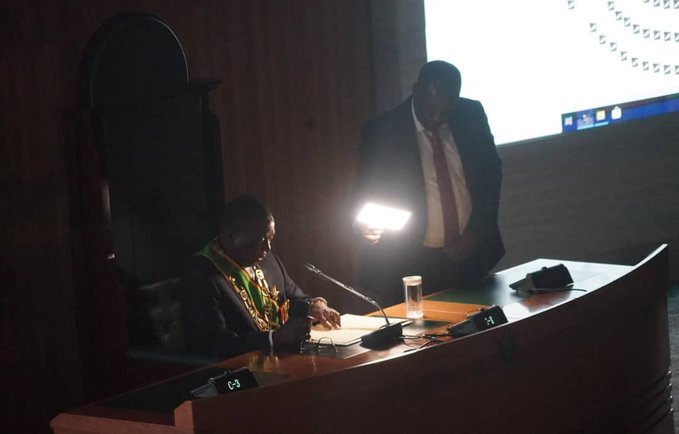
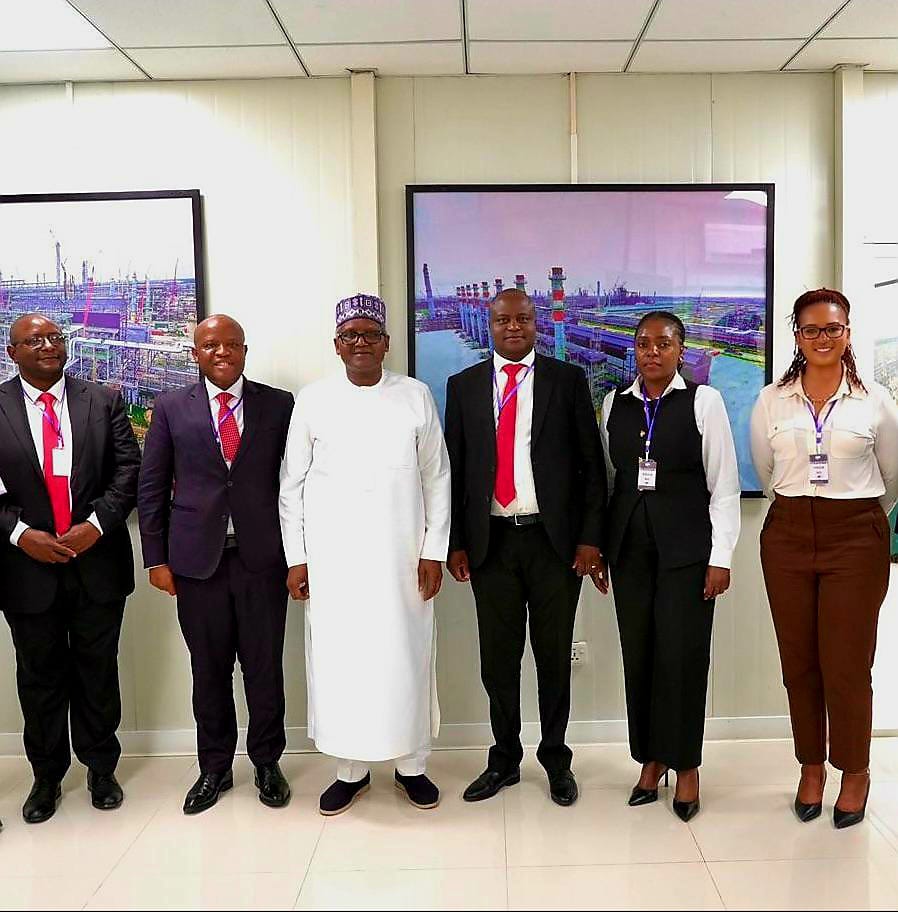
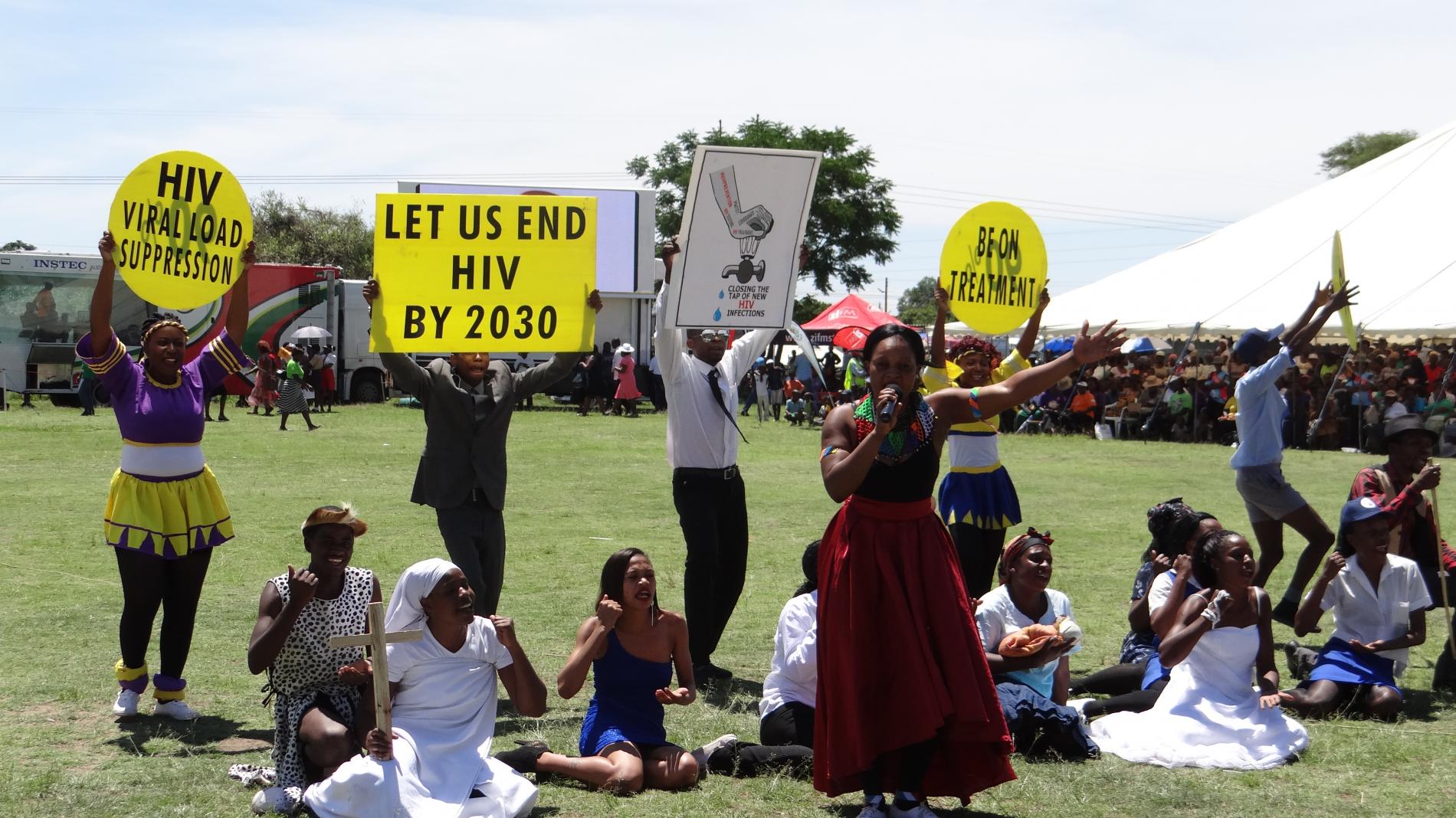
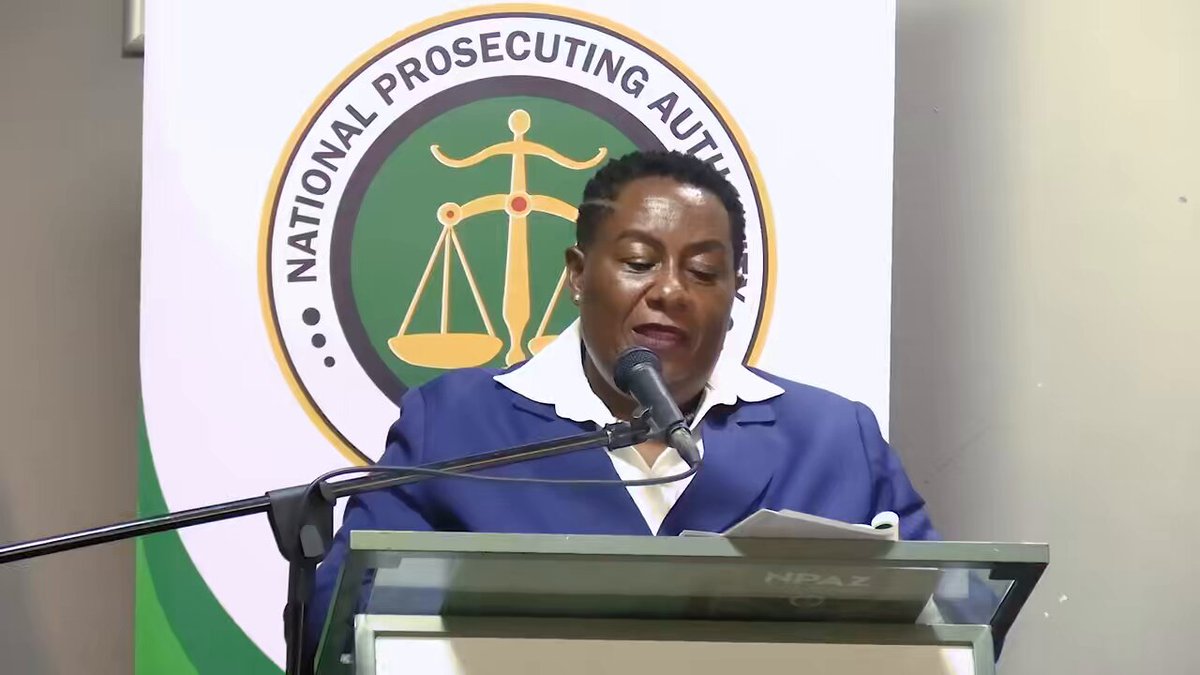


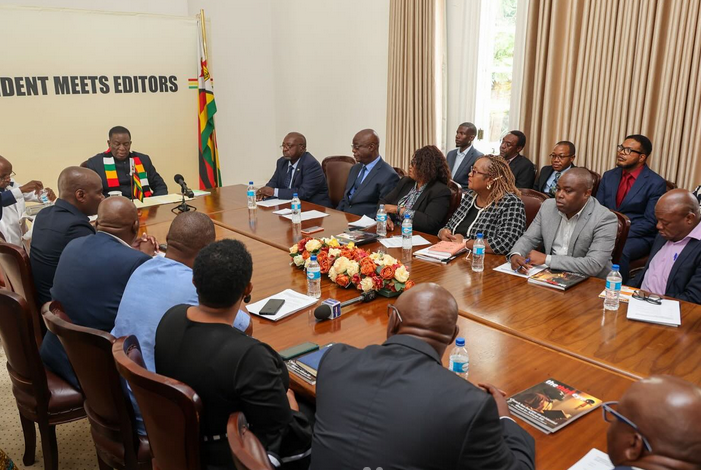
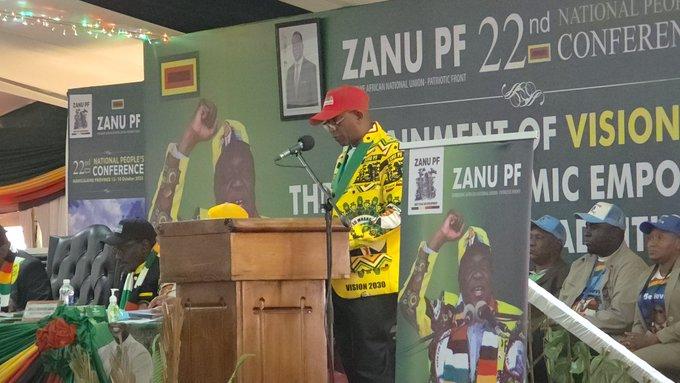

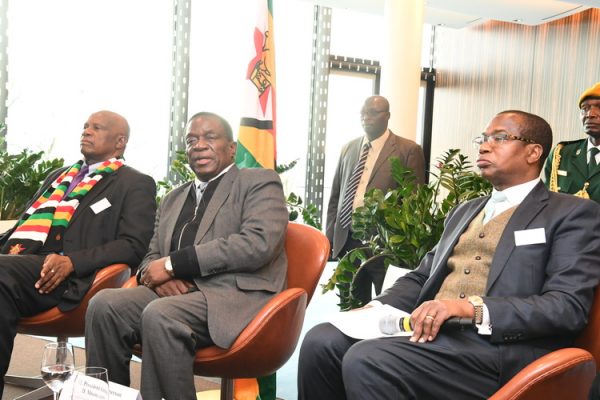
 Young Investment Professional (YIP) Graduate Programme 2019
Young Investment Professional (YIP) Graduate Programme 2019
Editor's Pick